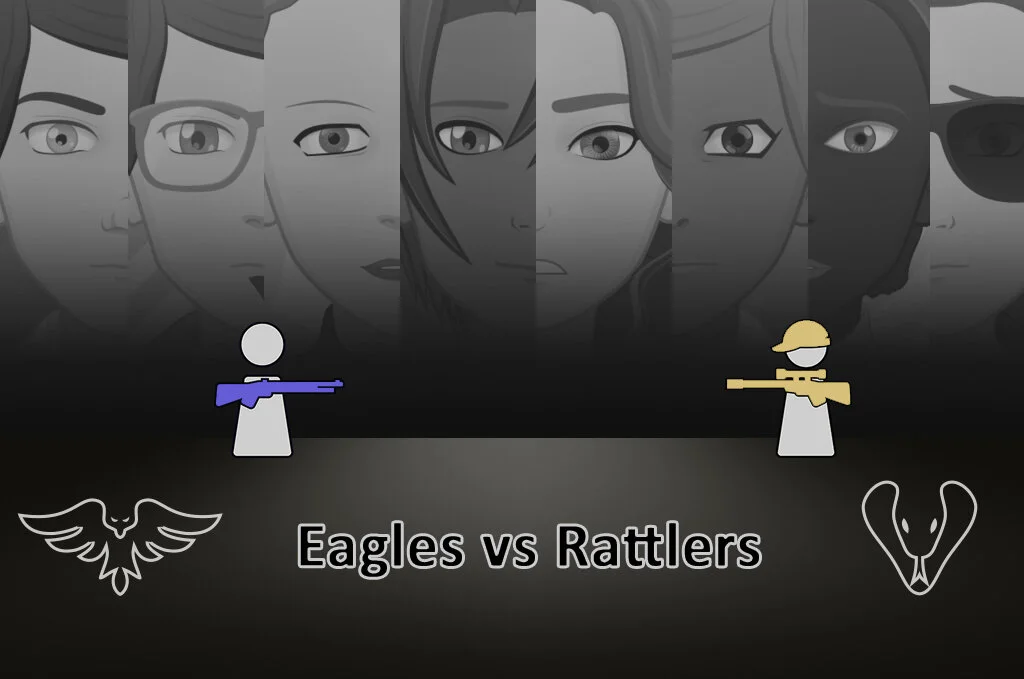Publications
The useful Side of Empathy Bias
Creating stronger bonds between players and NPCs through group-conflict
Featured Article on Game Developer and Game Career Guide
SUMMARY:
Making it easier for players to form emotional connections with NPCs, both positive and negative, helps player retention. This article explores how we can use psychology to strengthen players’ emotional bonds with NPCs in a singleplayer, team-based setting, including practical tips at the end. Through using intergroup empathy bias in NPC design we could give players a more fulfilling experience and keep them playing for longer.
View full text on:
The Opposite of Love
How parasocial interaction with NPCs can be enhanced through intergroup competition
Master’s Thesis
ABSTRACT:
This thesis explores whether intergroup empathy bias manifests itself within a gaming context towards Non-Player-Characters in a way that is comparable to previous research (Cikara et al., 2014; Hudson et al., 2019). Its desired goal is to find out whether differences exist and whether the phenomenon can be applied to video game design to strengthen the affective component of parasocial interaction (Hartmann et al., 2004), in order to achieve stronger relatedness/community (Martin, 2019) need satisfaction. To answer this research question, Cikara et al. and Hudson et al.’s experiment setups were replicated and modified to fit a video game context. Sessions of short, tactical gameplay challenges in a cartoony 2D-style were alternated with rounds of questions, involving the same Non-Player-Characters. 116 participants were asked to indicate how good and how bad they felt about positive and negative scenarios happening to in- and out-group members. Analysis of the gained data via t-tests of independent samples yielded similar results to previous studies. Participants consistently displayed higher empathy ratings towards the in-group than the out-group, while also showing more counter-empathy towards the out-group. It was also observed that the strength of empathy and counter-empathy could be modulated in the second set of scenarios by how well participants did in the two rounds of gameplay before that. This research establishes the similarities between empathetic reactions to fictional groups of characters, as well as towards groups of real people. It also indicates the use of intergroup empathy bias to be a useful design tool in the gaming industry, but cautions its application where the player needs to take a side in a fictional display of intergroup conflict from the real world.
Real Imaginary Friends
On the formation of parasocial relationships under stress in system driven games



